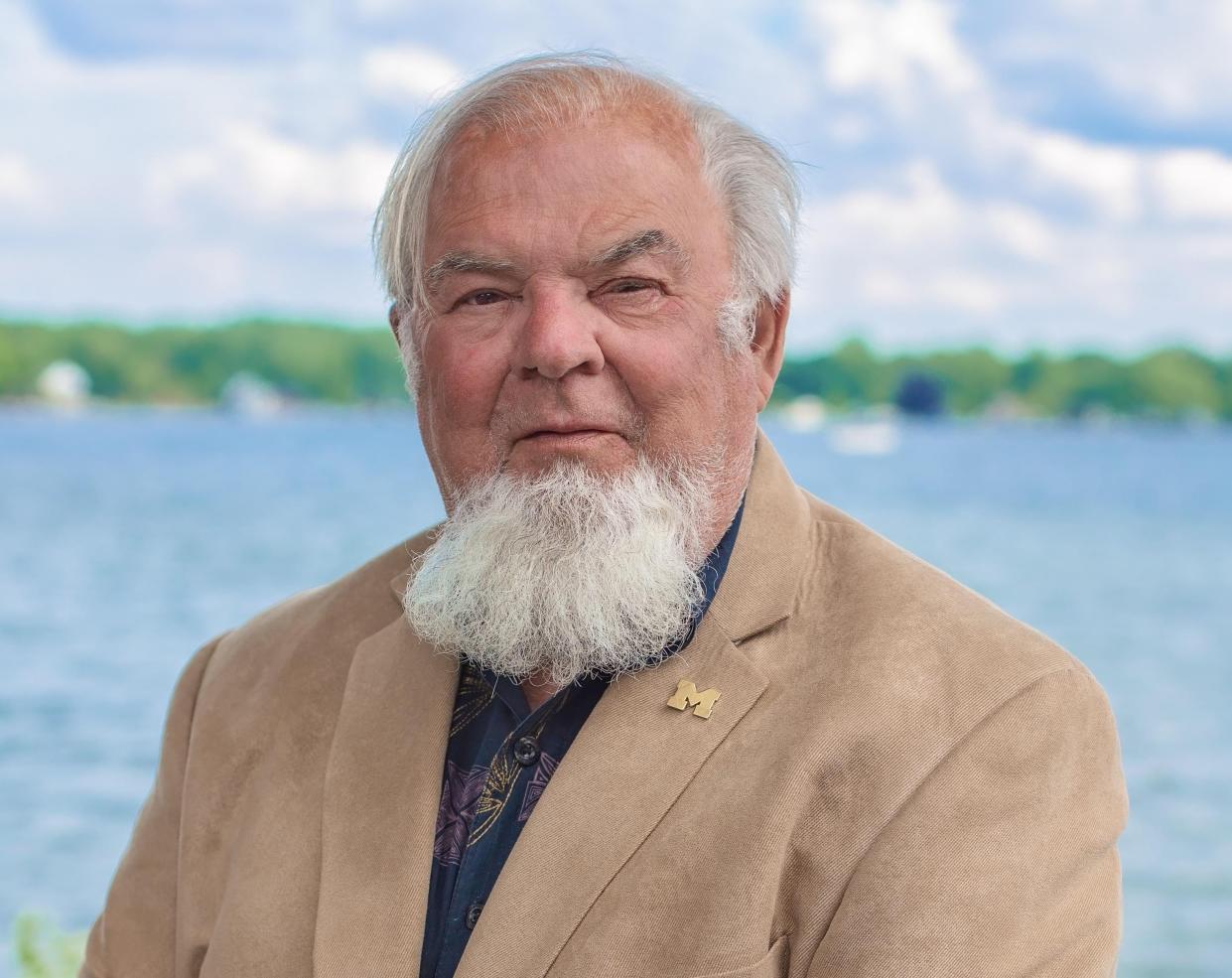James W. Pfister: The Independent State Legislature Theory

The federal Constitution states in Article I, Section 4 (herein Elections Clause): “The Times, Places and Manner of holding Elections for Senators and Representatives, shall be prescribed in each State by the Legislature thereof,” but Congress may alter such regulations.
Does this mean what it says, that unless Congress acts, state legislatures have exclusive power to regulate such federal elections? If so, this is known as the “independent state legislature theory” (herein ISLT). This is the issue in Moore v. Harper, argued Wednesday, Dec. 7, for three hours before the Supreme Court. It’s a big deal.
In Moore, the Republican-dominated North Carolina legislature in 2021 passed a redistricting plan. The Democratic Party through a resident, Rebecca Harper, sued before a state court claiming the said redistricting plan was gerrymandered contrary to the state constitution. The state supreme court agreed and imposed a new map not as favorable to the Republicans. Moore, a Republican, speaker of the state house, appealed to the United States Supreme Court arguing ISLT. The Court agreed to hear the case, meaning that at least four Justices wanted to decide it. Justices Alito, Gorsuch, and Thomas seem to support ISLT, and Justice Kavanaugh has indicated an openness to it, according to the New York Times Editorial Board, Dec. 9, 2022.
The question is whether the state legislature can be overruled by a state court, given the language of the Elections Clause which seems to espouse ISLT.
Why is this important? There is a lot of politics in the drawing of district lines. This is called gerrymandering, which can result in substantial partisan and racial discrimination. Other consequences include voter suppression, nullification of election rules put in place by ballot initiatives, by state constitutions, and by administrative regulations. ISLT would also take away checks and balances, though appropriate when making important governmental decisions.
Arguing in favor of ISLT are David B. Rivkin, Jr., and Andrew M. Grossman, in “Judges Aren’t Part of the ‘Legislature,’” Wall Street Journal, Dec. 7, 2022. They say that the Election Clause “…conveys a unique legislative power to make a type of federal law…these can’t be trumped by state constitutional provisions…(state courts) can’t override the legislature’s handiwork unless it conflicts with the U.S. Constitution or a statute enacted by Congress.”
They point out that the phrase in the Elections Clause, “the legislature” does not mean “the state’s law-making process.” This is their key distinction. The Supremacy Clause of the Constitution supports the proposition that state constitutions and courts cannot limit legislatures acting under the Elections Clause. They say the Court should not deal with the practical consequences, but only with the law.
On the other hand, if we take the consequences approach, the Brennan Center for Justice stated on Dec. 6, 2022: “…the independent state legislature theory, in any form, poses an extraordinary threat to American elections.” They say there is no compromise, or “lite” version, regarding ISLT. Some of the negative consequences of ISLT have been listed above. Opponents of ISLT also point to the fact that judicial review has been part of our legal tradition back to a time preceding the Constitution. They say there is reason to believe the drafters assumed there would be judicial review.
This will come down to judicial methodology of the Justices: textualism, originalism, or a method that looks at the practical consequences of the Court’s decision, or some combination of these. We have a majority of textualists and originalists on the Court. If it were true that the drafters intended judicial review, that would create a conflict between originalism (intent) and textualism (the words); with sufficient historical evidence of a tradition of judicial review at the time of the Elections Clause, the conservative Justices could rely on originalism to uphold the role of judicial review at the state level, as we have here in Moore v. Harper. But it’s hard for conservatives to go against the plain language of the Constitution, as the Court showed recently in the gun-control case.
I believe we should not go back to the “political question” doctrine and defer to state legislatures regarding the drawing of district lines. We need law AND justice.
James W. Pfister, J.D. University of Toledo, Ph.D. University of Michigan (political science), retired after 46 years in the Political Science Department at Eastern Michigan University. He lives at Devils Lake and can be reached at jpfister@emich.edu.
This article originally appeared on The Daily Telegram: James Pfister: The Independent State Legislature Theory

